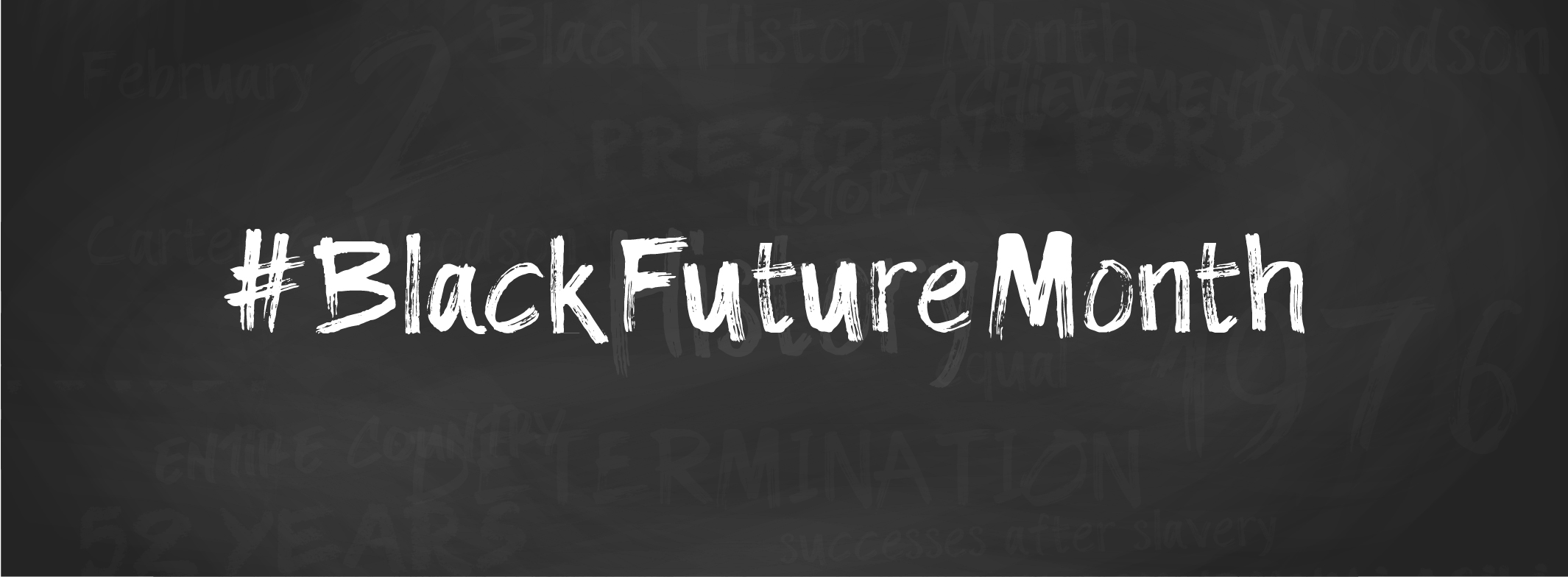News
Marketer Magazine: On The Record: Conducting Strong Interviews with the Media
Black History Month: Founded with Passion, Fueled by Pride, Focused on a Better Future
National observances remind us of important people, history, issues and events. And not all of them are created equal. Anyone can start a “national” observance for anything. But it takes determination and the power of the people to start a real observance that impacts the entire country. One of the most successful efforts to do this was by historian Carter G. Woodson, who started what is now Black History Month.
After attending an event honoring African-American successes after slavery, Woodson became passionate about black life and history. He wanted to change the distorted narrative taught to students about black history that ignored achievements and promoted the idea of white superiority. Woodson said, “Those who have no record of what their forebears have accomplished lose the inspiration which comes from the teaching of biography and history.”
To ensure black history was not ignored or twisted, he created National Negro Achievement Week. Woodson’s efforts finally gained traction 52 years later (unfortunately, long after his death) with the help of black pride campaigns and the civil rights movement. In 1976, President Ford acknowledged the movement and Woodson by expanding his week of black history into the nationally observed Black History Month.
Every February, students of all ages spend the month learning about black history. After years of this educational focus, a new movement championed by black millennials has started to gain momentum. Not satisfied with only looking to the past, they have created the #BlackFutureMonth campaign which focuses on imagining and creating a positive future for black Americans. Amtyah Osunbunmi Asili, a national political organizer, envisions a time when the black community will have ownership over “mind, body, spirit, labor, life possibilities and resources,” and where there is no such thing as “too black.”
It’s not only black millennials who are focused on education and development within the black community, albeit they’re the among the few using a hashtag for it. Our clients 100 Black Men and the Baton Rouge Youth Coalition have taken to heart the educational message of Black History Month, and plan for a more positive future by enhancing the lives of African-American youth through mentorship and educational programs. Additionally, our client Southern University, the only historically black land grant university system in the United States, is built on the idea of education for all.
Woodson’s foundation for Black History Month was to honor black history and to change the future through education, and over time his small audience has grown to include millions of people. His original one-week focus is now an entire month, and within that month there are other observances focused on specific aspects of black culture or history. February 1st celebrates the signing of the 13th Amendment, the 13th is Black Love Day and the 17th through 23rd is Brotherhood/Sisterhood Week.
Every year since 1976, the President has designated a special area of focus for Black History Month. This year’s theme is Black Migrations, which according to the Association for the Study of African American Life and History (also founded by Woodson) is meant to emphasize the movement of people of African descent to new destinations and subsequently to new social realities.
The movement to new social realities has been the core goal of these observances from the start. Woodson concentrated on historical education about black life and history so that the inspiration that comes from knowing your history wouldn’t be lost. Today’s black youth have taken that inspiration from the past and are using it to create the positive future they envision, one hashtag at a time.
